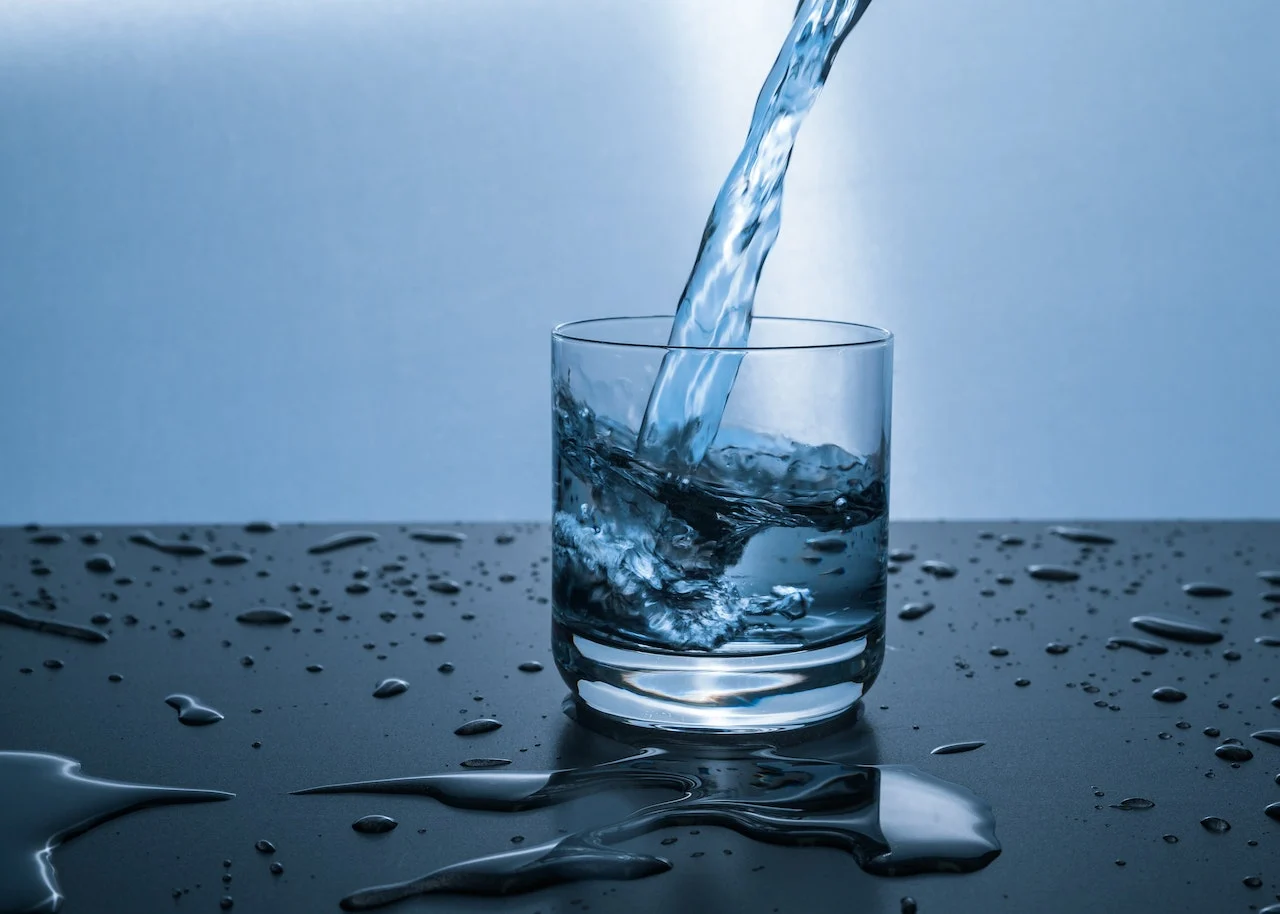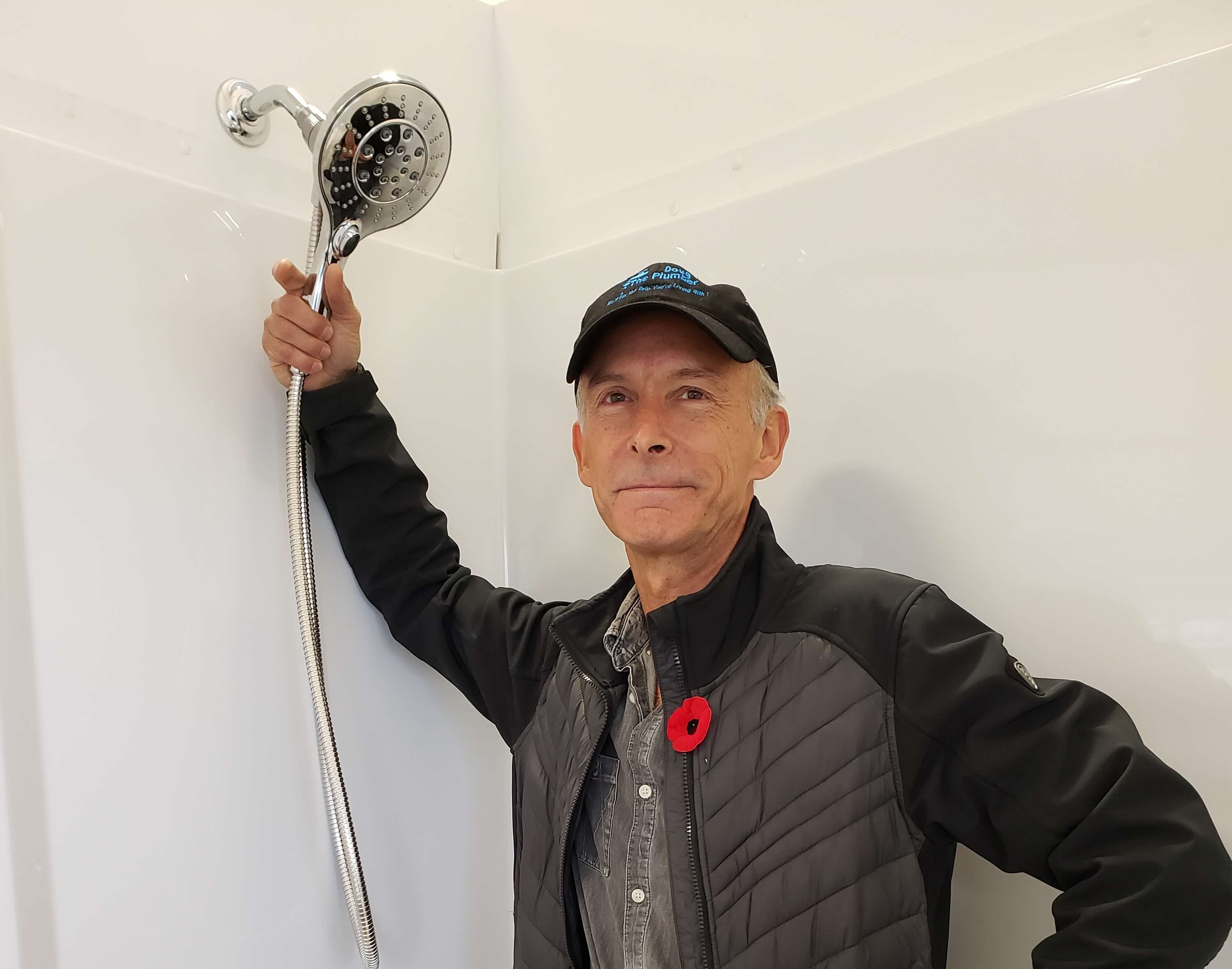However, did you know that not all water is the same? You may have heard the terms “soft” and “hard” water, but what do they mean? It’s what you can’t see in the water—chemicals and minerals that make water soft or hard. In fact, water “hardens” as it collects a high concentration of calcium and magnesium.
Hard Water
Water with a higher concentration of calcium and magnesium is known as hard water. How do these minerals get in your water? Water collects minerals naturally through the water cycle, and can even pick up trace amounts from the walls of your pipes.
It may seem like these minerals are insignificant, but they can wreak havoc on your water supply. Have you ever heard of limescale? Over time, the calcium in hard water can build up along the insides of the pipe, thus dramatically reducing water flow.
Household cleaners like CLR won’t help you here; a professional plumber will have to change your pipes.
Here are some key signs of hard water:
A slimy feeling on your hands after washing them. Hard water reacts with soap differently than soft water and doesn’t produce the same lather.
Spots or stains on clothes and dishes. When the water dries or evaporates, you may notice some chalky-looking areas from calcium residue.
Lower water pressure in taps. Mineral buildup clogs your pipes and slows the flow to your faucet, just like cholesterol in the arteries slows blood flow to the heart!
Hard water has 120 to 180 parts per million of magnesium and calcium.
The average drinking water in Ontario is rated “medium-hard” at 95 mg/L. Even with the common signs above, it can be hard to determine how hard your water is without the help of a plumber.
Soft Water
You’d be right if you guessed that soft water is water with trace amounts of minerals. This means that you won’t see any spots left behind when you use soft water.
You may notice a slightly saltier taste with soft water than with hard water. This is because soft water has a higher sodium concentration than calcium and magnesium.
Many people think soft water does a better job at cleaning, but that’s not technically accurate. You might feel this way (especially in the shower) because no residue is left behind. You can rinse yourself off more effectively with softer water, but the level of cleanness is the same.
Did you know that a plumber can make the hard water in your home soft? At Jay Green Plumbing, our plumbers are industry experts in helping you select the best water softener for your home.
Now that you know what hard and soft water is, let’s look at which is better for you and your home.
Is one type of water better than the other?
Whether you choose soft or hard water for your everyday needs, both will get the job done efficiently. So, is one really better or worse than the other?
Since you can use both interchangeably without any harmful results, your decision will likely come down to personal preference. They each have unique pros and cons, so you can try alternating for the best out of both. Check out some of our tips below.

Picking the Right Water Hardness Type
Hard water is usually given a bad reputation and seen as inferior to soft water. Here are some instances when harder water works better:
Watering your lawn
Try to water your lawn with hard water instead of soft. Hard water contains nutrients and minerals beneficial to soil and grass health; soft water only contains salt.
Heart health
Studies have found that communities that drink more hard water with naturally occurring magnesium have lower death rates than communities that drink soft water. Don’t go overboard though; too much of any mineral can cause health problems.
Taste
Chances are you’re pouring yourself a glass of hard water when you grab a drink. Soft water may taste a bit saltier than what you are used to.
Here are some cases where softer water is the better choice:
Hydration
Soft water doesn’t contain the minerals that later become free radicals and destroy collagen, leaving your skin dry and aged.
Cleaner pipes
Hard water can leave mineral deposits in pipes made of galvanized steel. This is common in older homes, so talk to one of our plumbers if your house was built before 1970.
Cleaning
Your dishes and clothes will still be clean if you use hard water to clean, but switch to soft and you’ll avoid spots and streaks.
How do I know if my water is hard?
The Government of Canada uses this classification for the hardness of drinking water:
Soft
Calcium carbonate concentration (CCC) of 0 to <60 mg/L
Medium Hard
CCC of 60 to <120 mg/L
Hard
CCC of 120 to <180 mg/L
Very Hard
CCC of 180 mg/L and above
The higher the hardness level, the more scaling or residue you’ll notice. Keep in mind that the scaling caused by carbonate buildup can be temporary or permanent.
The temporary kind (known as carbonate hardness) is not too much of a concern, as it can be removed partially by boiling. You may notice this in your kettle or around drains. The permanent kind (non-carbonate hardness) can’t be removed with hot water, so give us a call and we’ll help you out!

